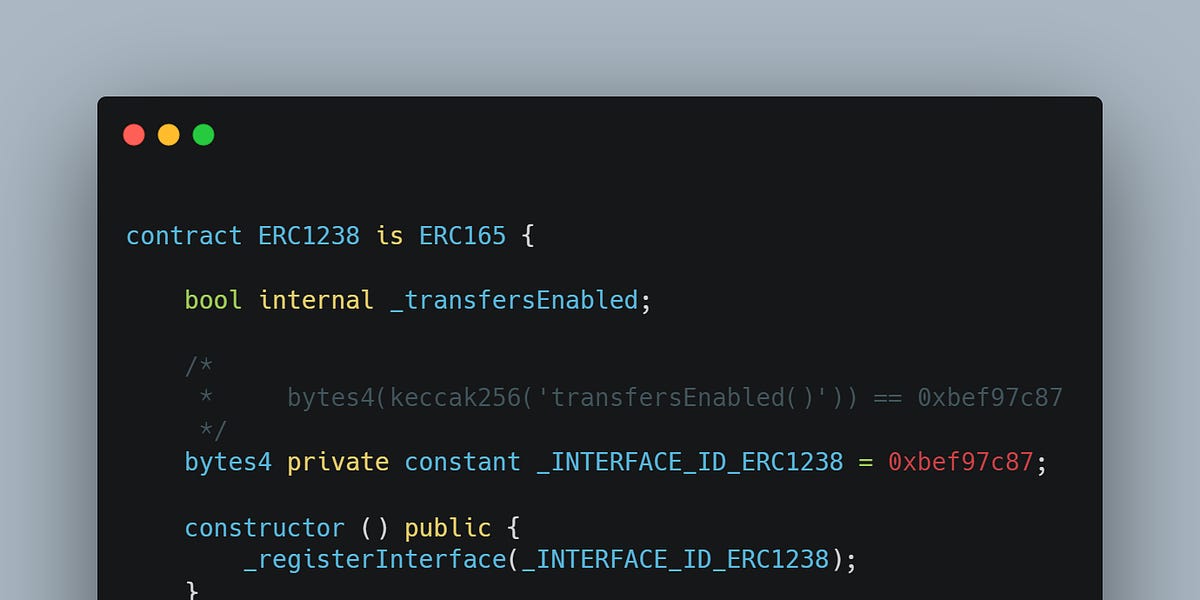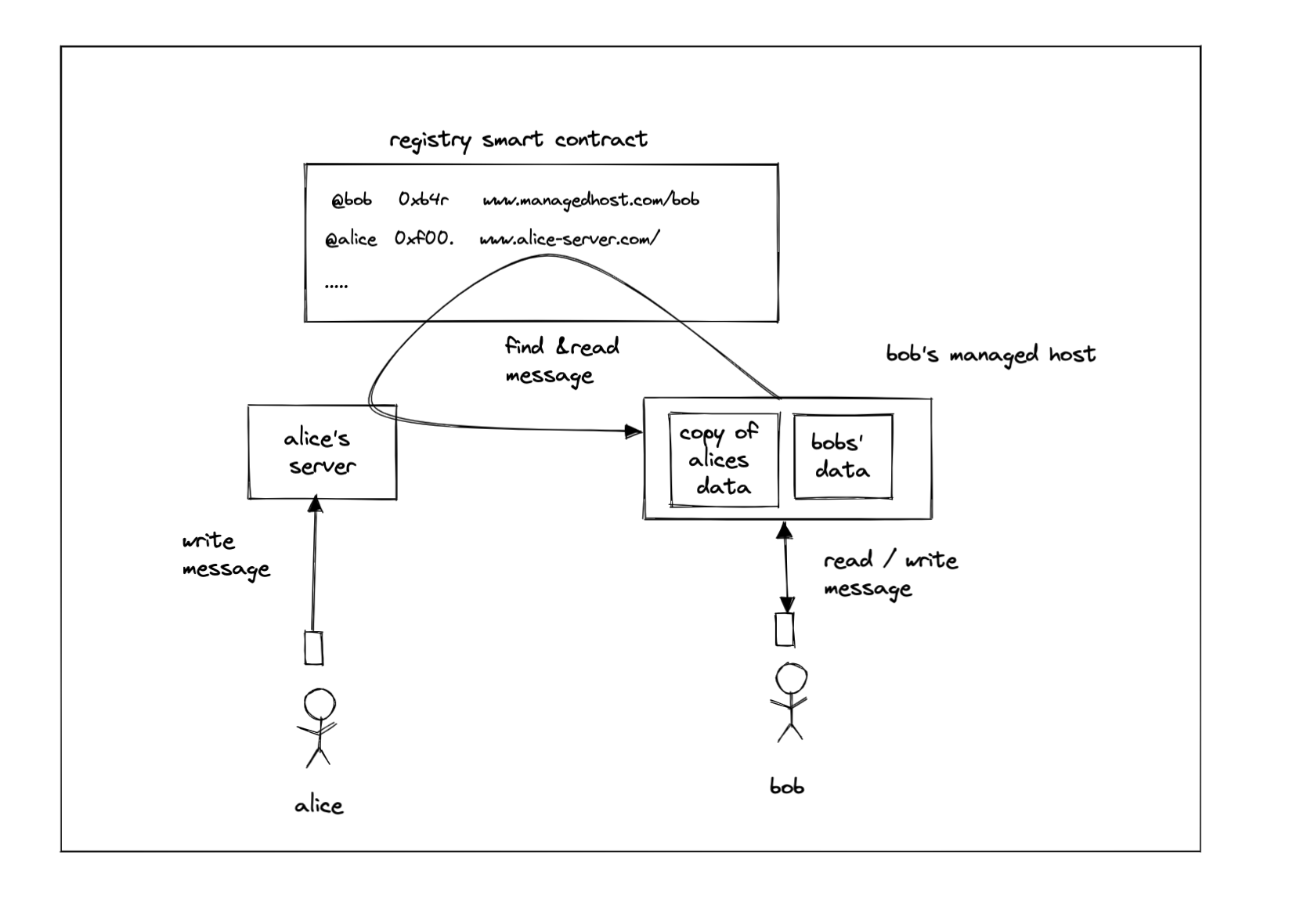
Saved by Dcmini
A Technical Commentary on DeSoc: Part I

Saved by Dcmini
sari added
sari added
sari added
Alex Wittenberg added

More broadly, it is essential to expand access to sources of on-chain reputation. At present, crypto tends to skew affluent, male, and white. If the playing field for building on-chain identity isn’t leveled, this new source of reputation will accrue primarily to the already privileged, exacerbating existing social and socioeconomic divides.
sari added
sari added
Keely Adler added